
What is Black Tea? - A Complete Guide
Black tea is one of the six types of tea produced from the leaves and leaf buds of Camellia sinensis, the tea plant. Black teas are fully oxidized. They produce a brisk, rich and full-bodied infusion. It is also the most widely consumed type of tea in the world.
Buy Black Tea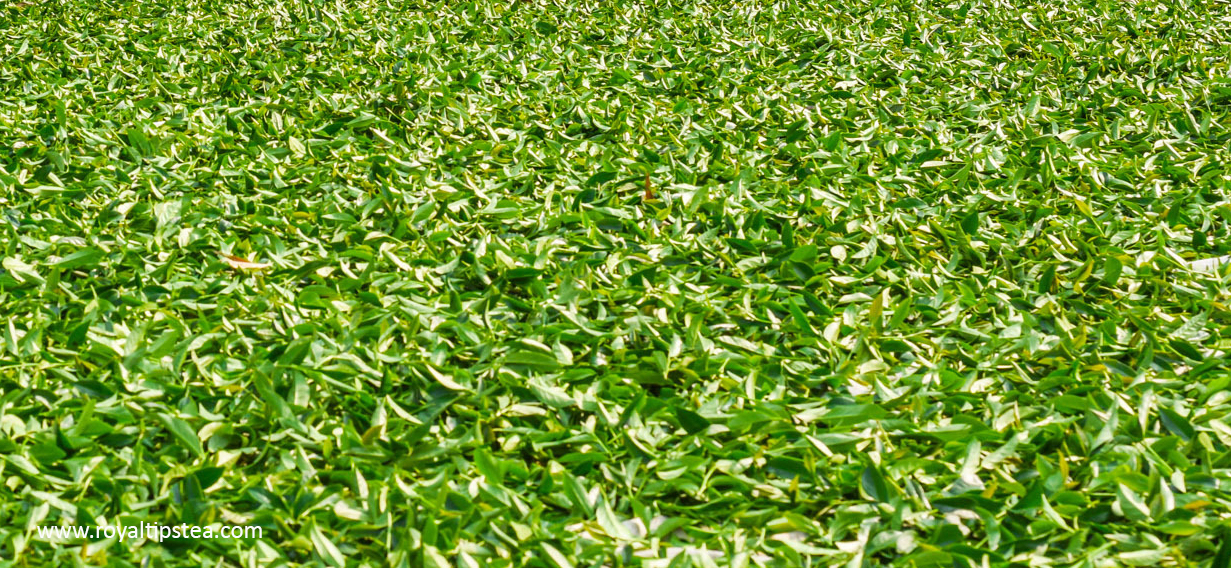
How is Black Tea Made?
1. WITHERING
The first stage in the manufacturing of black teas is withering, which takes longer than during the production of green teas. Once the tea leaves have been plucked, they are laid out in troughs or on bamboo baskets to wither. During the withering stage the tea leaves lose around 35% of their water content and become more limp and easy to roll.
2. ROLLING
The next stage of black tea manufacturing is rolling. Black loose leaf teas are usually rolled into a twisted shape. The rolling process breaks the cells of the leaves and cause the juices in the tea leaves to react with oxygen, thus promoting oxidation and forming new aromatic compounds.
3. OXIDATION
Next, the tea leaves are left to oxidize. The oxidation process in black teas is responsible for the intensity of flavour, adding strength and colour to the infusion. As the polyphenols in the tea are oxidized with the help of enzymes, the tea leaves develop their characteristic tasting notes that are usually described as bold, robust and astringent. However, depending on the plucking method, altitude and region, black teas can also reveal a more delicate and fragrant profile.
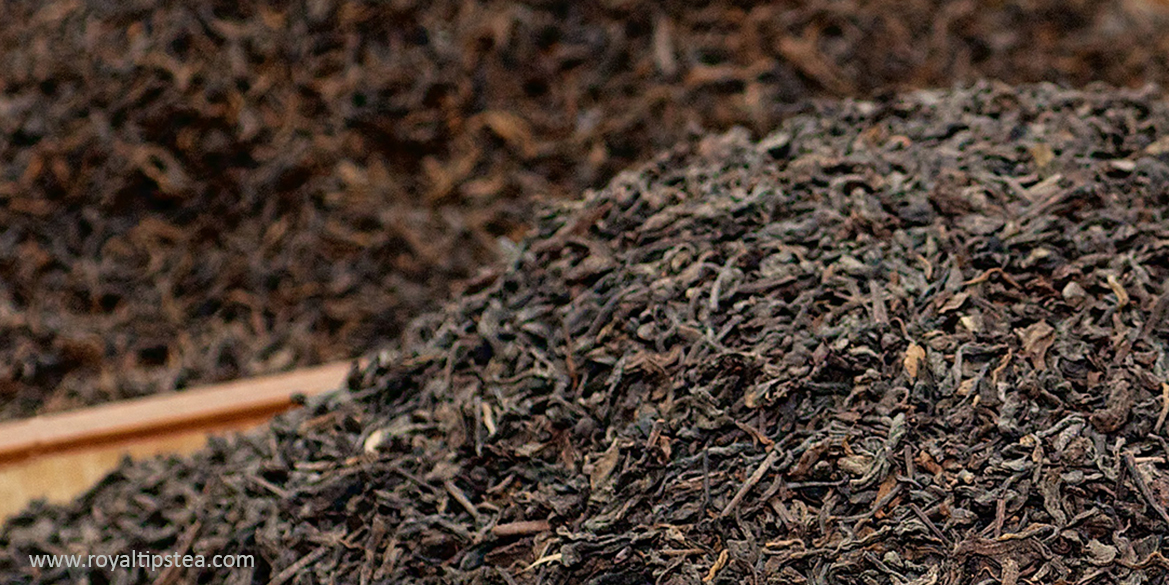
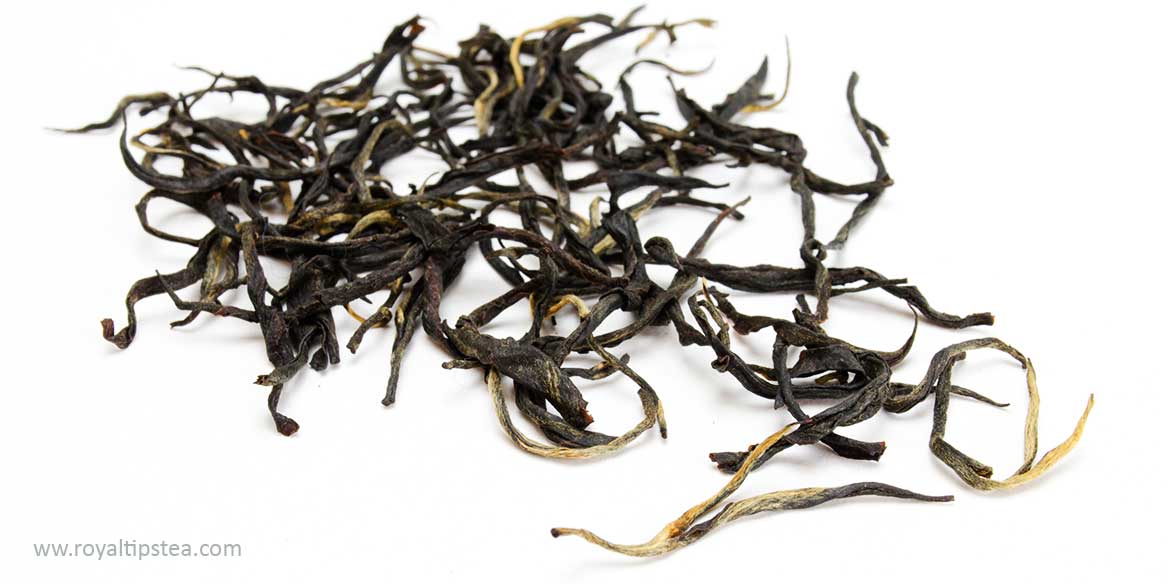
It is therefore important to remember that what actually makes a tea a black tea is the way it is produced, with full oxidation the most distinctive feature, regardless of the colour of the infusion and the flavour intensity which can vary depending on the manufacturing process and the terroir of tea.
4. DRYING
As soon as the desired oxidation level is reached, it is stopped by drying the tea leaves, reducing the water content to 2-3%.
Oxidation Process in Black Teas
The enzymes in the tea leaf play an important role during the oxidation process of black teas, during which certain biochemical changes take place. During the manufacturing of black teas, the enzymes are not deactivated by applying heat (as with green teas), but are allowed to react with the oxygen in the air, causing a series of biochemical reactions within the tea leaf. Therefore this process is also called enzymatic oxidation (in the tea industry, this is often wrongly referred to as fermentation, which is a bacterial, not enzymatic, activity in the leaves. In the production of Puerh tea, microbes and bacteria are involved in the fermentation process).
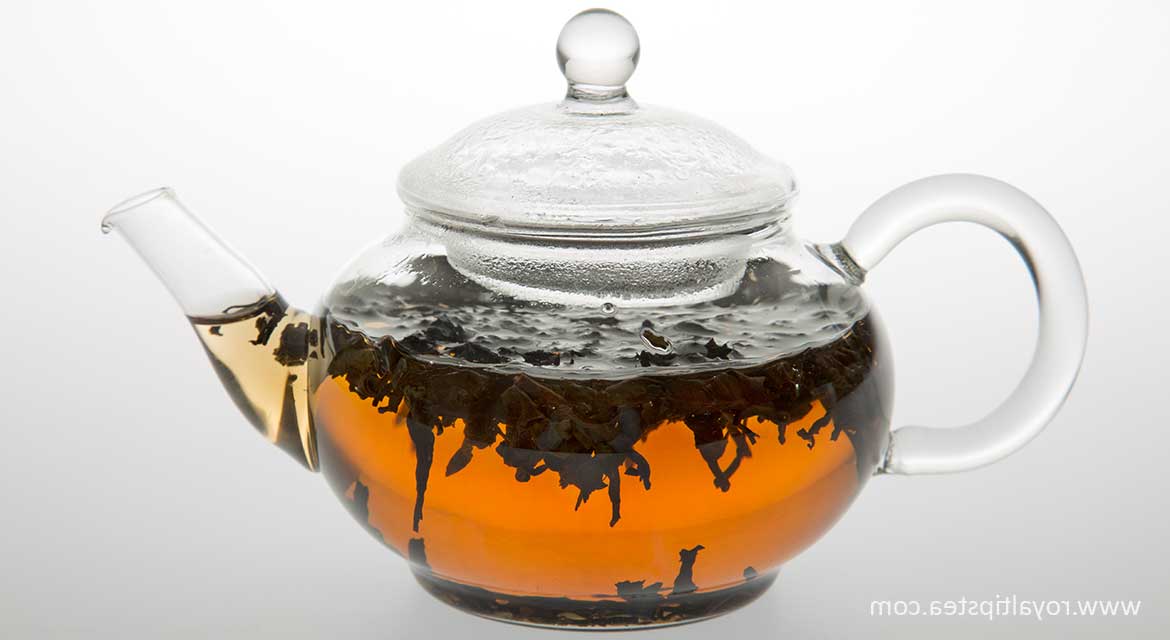
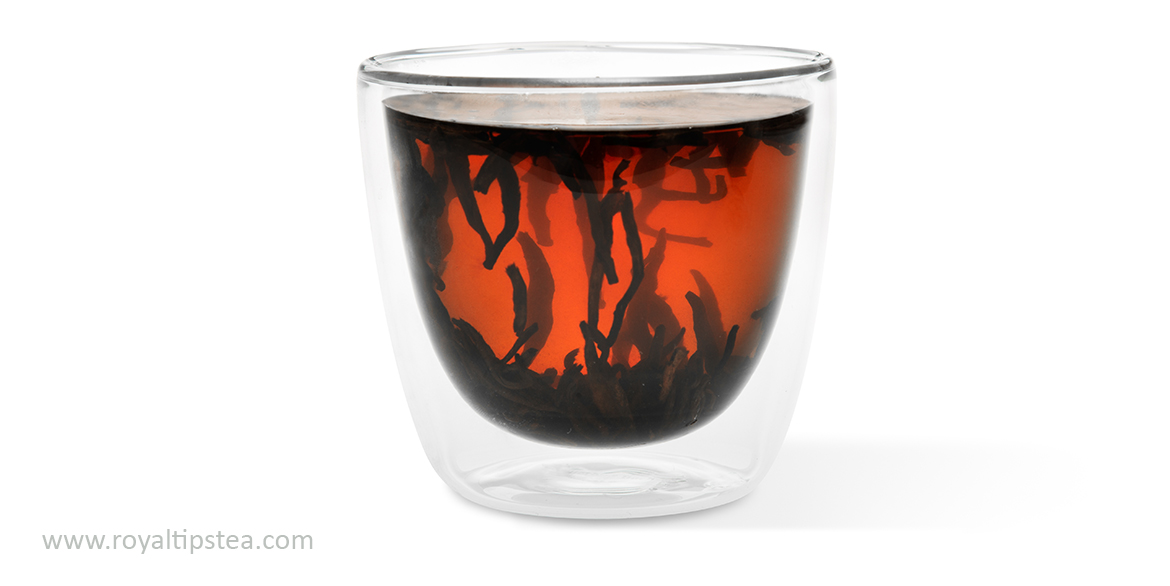
Health Benefits of Black Tea
The oxidation process of black teas is responsible for the unique changes in the chemical structure of the tea leaves that, according to various studies, provide several health benefits, including cholesterol absorption and protection against cardiovascular disease.
Enzymatic oxidation is responsible for transforming catechins, the natural antioxidants found in green tea, into theaflavins and thearubigins. These two newly created types of polyphenols in the tea leaf have been proven to have a similar antioxidant effect as catechins, thus suggesting that black tea is as beneficial to our bodies as green tea.
